Founded in 2003, Tableau is a self-service analytics platform that was created to make data analysis interactive and comprehensive. This popular BI platform is known for its interactive dashboards that make it easier for non-technical entrepreneurs to crunch and turn their large data sets into interactive graphics.
Users can accomplish complex data analysis tasks quickly and effortlessly using Tableau’s drag-and-drop interface. Its ease of use and beautiful graphics has enticed over 86,000 users. Tableau offers three user and license types – Creator for $70, Explorer for $35, and Viewer cost $12.
All three are charged per user, per month. Tableau Viewer offers basic features like viewing, commenting, and interactive dashboards. [1]
In 2019, Tableau was acquired by Salesforce for $15.7 billion. At the time of its acquisition, its annual revenue was $1.16 billion, and had 4,200 employees.
Being part of Salesforce gives it an edge against major competitors like Microsoft and Google. But, it also a weakness evidenced by Salesforce’s decision to lay off 1,000 employees in 2020, including some from Tableau. [2]
Although Tableau was acquired by Salesforce, its parent company is one of its top competitors. This is because Salesforce offers Einstein Analytics and other BI products that compete for market share against Tableau. In 2020, the competition between Salesforce and Tableau was minimized after integrations of their solutions, which include Einstein Discovery in Tableau. [3]
As one of the top BI tools in the market, Tableau has to fend off both big and small competitors to protect its market share.
Here is an in-depth analysis of the top Tableau competitors and alternatives:
1. Microsoft – Power BI
Microsoft offers Power BI, which is regarded as one of the best alternatives to Tableau. MS Power BI is a suite of business analytics tools that deliver insights, publish reports, and data preparation. Large corporations can use MS Power BI’s SaaS option, while its on-premises option is more suited for SMBs.
MS Power BI’s integration with Excel, Office, Azure, Dynamics, and the entire Microsoft platform is its ultimate strength over Tableau. According to a recent study, 77% of enterprises rate that Microsoft Azure is either critical or very important to their operations.
Businesses can use Power BI Pro for 60 days free of charge and pay $9.99 per month per user once their free trial ends. Tableau only offers a free 14-day trial. After 60 days, new users will likely be hooked and ready to subscribe. [4]
2. Google
Google is an icon globally and offers a wide range of BI solutions for businesses of all sizes. One solution that competes directly with Tableau is Google Analytics, which is enterprise-class web analytics that allows users to measure their ROI from digital ads on social media, websites, and apps.
Spotify, Airbnb, and Uber are among the big brands that use Google Analytics, but it is mostly used by SMBs to evaluate and improve their performance, product sales, and marketing strategies. Users can create up to 20 dashboards with 12 widgets each to analyze the data more effectively. Google Analytics provides a life-time free version, which is a major competitive advantage over Tableau. [5]
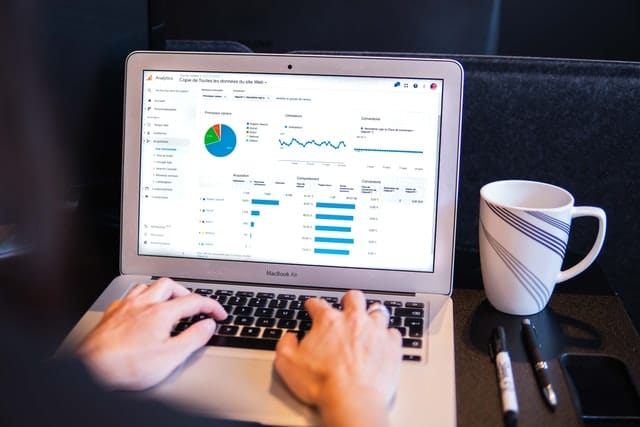
3. MicroStrategy
Founded in 1989, MicroStrategy stands out as one of the oldest BI tools in the market. In FY 2020, the company’s annual revenue was $486 million and had 2,396 employees. The platform provides direct access to large and complex data sets through integrated frameworks.
Like Tableau, MicroStrategy uses a drag-and-drop interface and also allows users to transfer data from any source. MicroStrategy has several features like Predictive Modeling and Zero-Click Insights, which are not offered or supported by Tableau.
Both Tableau and MicroStrategy are excellent data analysis solutions and perfect competitors. [6]
4. Qlik
Qlik was founded in 1993 in Sweden and has about 2,500 employees. In FY 2020, the company’s annual revenue was $900 and offers great solutions to everyday problems. Companies can use QlikView or Qlik’s cloud-based analytics tool known as Qlik Sense.
Qlik Sense uses Associative Engine for powerful calculation, indexing, and visualizing all relationships in the data. SMBs can use Qlik Sense Business for $30/month, while large organizations that require scalable multi-cloud solutions can pay $70 a month to use Qlik Sense Enterprise.
There is also a small version of Qlik Sense Enterprise for analyzers that costs $40 per month. Its pricing is very similar to Tableau’s price range of $12-$70/month per user. [7]
5. Oracle
Oracle is renowned globally and offers an AI-powered platform that competes against Tableau’s BI solution. Oracle BI is a business suite that facilitates efficient data reporting, analytics, integration, and management.
Its Oracle Analytics Cloud is a self-service analytics tool that provides robust visual data analytics to help businesses develop data-driven decisions and processes. The company also offers Oracle Database Schema for data-intensive enterprises. Oracle’s BI Cloud Service costs $150/month/user, while Database Schema is priced at $1,000/month. Both are expensive, which gives Tableau an edge. [8]
6. IBM Cognos Analytics
IBM Cognos Analytics is a comprehensive BI solution with a robust and easy-to-use visualization module. It allows users to analyze data create interactive reports and share dashboards across their company.
IBM Cognos is an AI-powered platform with robust features. However, it is more complex than Tableau and requires advanced technical skills to use.
This is why over 20,000 SMBs with annual revenues ranging from $1 million to $50 million use Tableau compared to only 10,000 for IBM Cognos. It is suitable for large enterprises with experienced data experts. [9]
7. Sisense
Sisense is a powerful BI platform that allows for data analysis, interactive and customized report creation and advanced visualizations. The solution uses AI and machine learning to augment data analysis just like Tableau.
In 2020, Sisense merged with Periscope Data and now provides a BI solution that collects and merges data from multiple sources.
The merged tools also provide an end-to-end analytics solution. Businesses can use the Sisense BI platform either on-premises or in the cloud. But users are frustrated by lengthy and expensive implementations. [10]
8. ThoughtSpot
ThoughtSpot was founded by a team of Google alumni in 2012. The company is the youngest leader in Gartner’s Business Intelligence Platforms Magic Quadrant. ThoughtSpot has over 550 employees and is growing quicker than Tableau.
Its annual revenues grew 108% in FY 2020 to reach $100 million and raised $248 million for its Series E round. With a valuation of $1.95 billion in 2020, ThoughtSpot now meets the size and growth requirements for an IPO.
ThoughtSpot is more appealing to bigger customers and already has about 50 Fortune 500 customers and signed 19 new million-dollar deals in the past two years. It is a worthy Tableau competitor. [11]
9. InsightSquared
InsightSquared is a sales-focused data visualization company. Its platform allows business users to better understand and aggregate their data. The software is appealing for small businesses due to its flexible, customizable, self-service architecture and additional functionalities like Interactive Reports to guide 1:1 review.
It is split into Tiles and Slate, which cater to specific business needs. In Sep 2020, InsightSquared announced that its Revenue Intelligence Platform will be available in the HubSpot App Marketplace.
The integration gives InsightSquared access to HubSpot’s large number of users and increases its power and competitive advantage over Tableau. [12]
10. SAS
SAS is a BI solution provider that offers several data processing and analytics tools for businesses. Its SAS Business Intelligence is a suite of applications that allow businesses to prepare and visualize their information for analysis, forecasting, and data mining.
SAS Business Intelligence is similar to Microsoft Power BI and has multifunctional modules like the SAS Enterprise Server, Office Analytics, and Visual Statistics. It also integrates with MS Office programs like Excel and Outlook, which give it an edge over Tableau. [13]
11. Looker
Founded in 2011, Looker is a BI and data visualization platform designed for big companies with experienced data analytics team. With Looker’s 100% in-database and 100% browser-based platform, users can analyze all their data, no matter the size.
But it does not match Tableau’s strong visualization front end, intuitiveness, data breakdowns, filter abilities, and visual capabilities. In Feb 2020, Looker was acquired by Google’s parent company Alphabet Inc., which increases its competitive advantage over Tableau. [14]
12. TIBCO Software
Founded in 1997, Palo Alto-based TIBCO Software provides BI and data analytics. The company has 4,200 employees with annual revenue of $1.1 billion and offers three products, TIBCO Data Science, Spotfire, and Data Virtualization.
TIBCO Spotfire is one of the most complete analytics solutions in the market and matches Tableau’s feature-to-feature. It is easy to use and visualize discoveries in data. [15]
13. SAP
SAP’s cloud-based tools include self-service business intelligence that enables its users to analyze data in real-time. Users can embed the SAP analytics cloud into the SAP C/4HANA suite or integrate capabilities like KPI reporting into the SAP Analytics cloud. SAP also offers modeling tools for geo-analysis and multi-level hierarchies.
With all these features and capabilities, SAP Analytics Cloud is one of the top solutions for data exploration and visualization. [16]
14. Dundas BI
Founded in 1992, Dundas started as Dundas Chart, a first-generation visualization component. It expanded its solution in 2009 by creating a dashboard platform and introduced Dundas BI in 2014.
Since 2015, Dundas has received numerous awards and was named a Niche Player in the 2020 Gartner Magic Quadrant for Analytics and Business Intelligence Platforms. Its pricing model is flexible and allows users to pay for only what they need. [17]
15. Domo BI
Domo BI is a data aggregation and visualization software that brings together data from across the company. It boasts over 500 data connections and a powerful backend that makes it easier for non-technical users to analyze and visualize their data.
Its Domo Business Cloud that caters to large businesses was named Business Intelligence Solution of the Year in the 2020 Data Breakthrough Awards. [18]
References & more information
- Zuckerman, A. (2020, April 1). IBM Cognos vs. Tableau 2020. Compare Camp
- Rinker, B. (2020, Aug 27). Salesforce laying off 1,000 employees, including at Tableau Software. Business Journal
- Soper, T. (2020, Oct 6). Tableau integrates with Salesforce’s Einstein Analytics, now called Tableau CRM. Geek Wire
- Columbus, L. (2020, Apr 12). The State Of Cloud Business Intelligence, 2020. Forbes
- Zuckerman, A. (2020, July 29). Google Analytics vs. Microsoft Power BI 2020. Compare Camp
- Taylor, L. (2020, June 16). Tableau vs. Microstrategy: Comparing Advance Features and Support. BILYTICA
- Suresh, A. (2020, May 27). Tableau vs. Qlik Sense – Which Analytics and Business Intelligence Tool Should you Use? Analytics Vidhya
- Zuckerman, A. (2020, Mar 28). Microsoft Power BI vs. Oracle BI 2020. Compare Camp
- Zuckerman, A. (2020, April 1). IBM Cognos vs. Tableau Comparison 2020. Compare Camp
- Knight, S. (2020, Mar 2). Best Business Intelligence Tools 2020: Round One, Fight! Towards Data Science
- Cohan, P. (2020, Feb 20). ThoughtSpot Barreling To IPO At 108%. Forbes
- Press Release (2020, Sep 23). The InsightSquared Revenue Intelligence Platform for HubSpot. Newswire
- Zuckerman, A. (2020, Aug 5). MS Power BI VS SAS Business Intelligence 2020. Compare Camp
- Bunte, M. (2020, Dec 28). Looker Business Intelligence Review. Better Buys
- Chand M. (2020, Jun 20). Top 10 BI Tools Of 2020. C-Sharp Corner
- Timmermans, R. (2020, Mar 13). Salesforce vs. SAP: 2020 Comparison. AXXIS Consulting
- Pardo, M. (2020, Dec 28). Dundas BI Review. Better Buys
- Domo, Inc. (2020, April 15). Domo Named Business Intelligence Solution of the Year in the 2020 Data Breakthrough Awards. GLOBE NEWSWIRE
- Featured Image by Luke Chesser

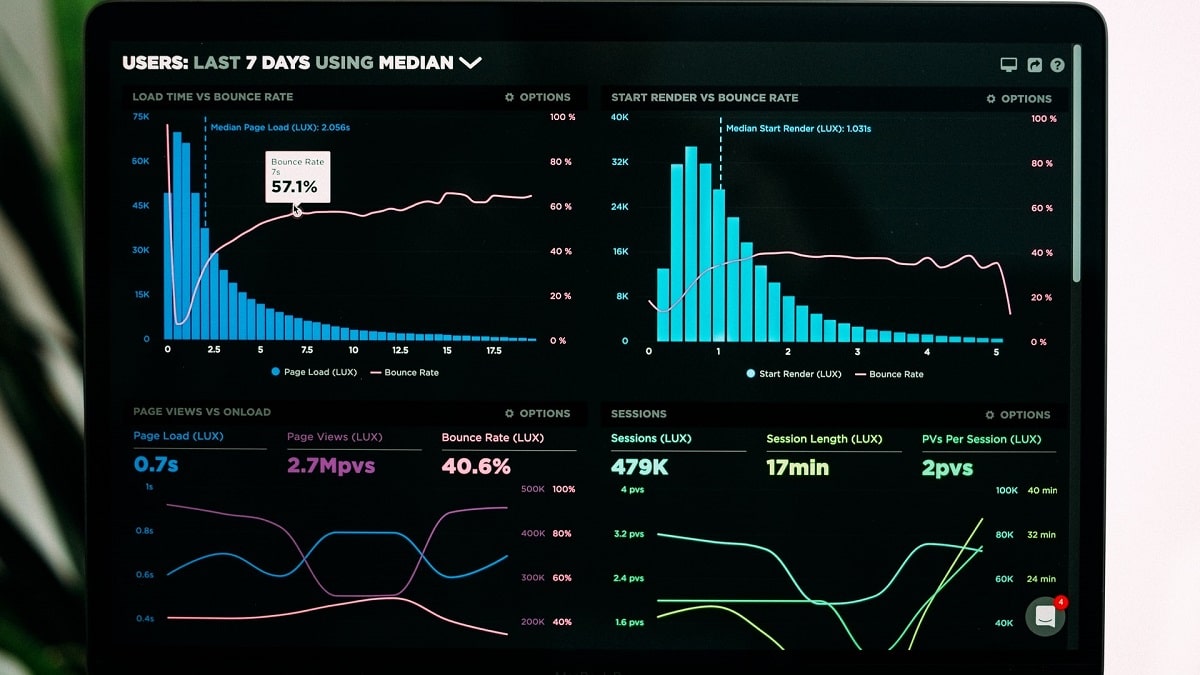


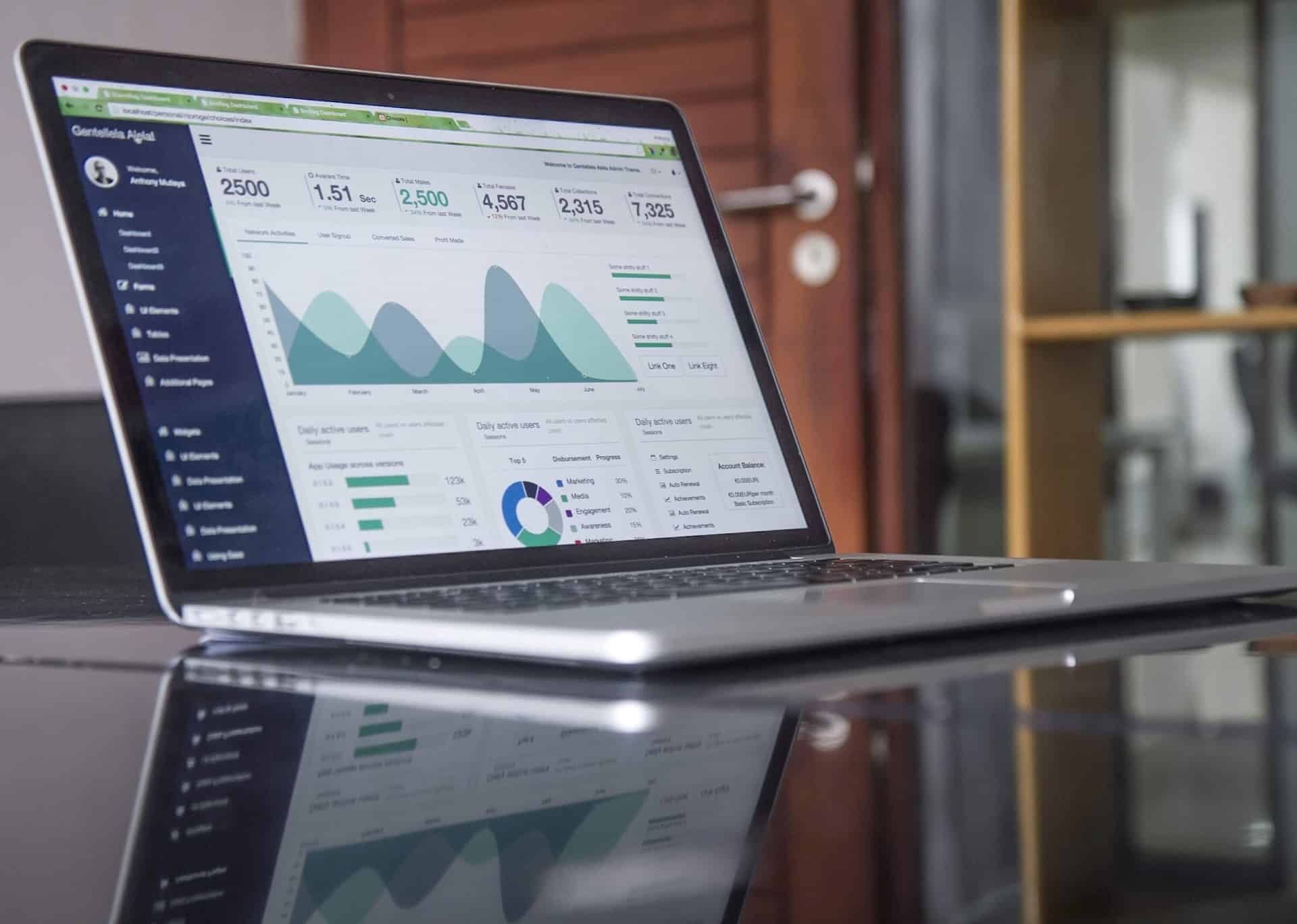


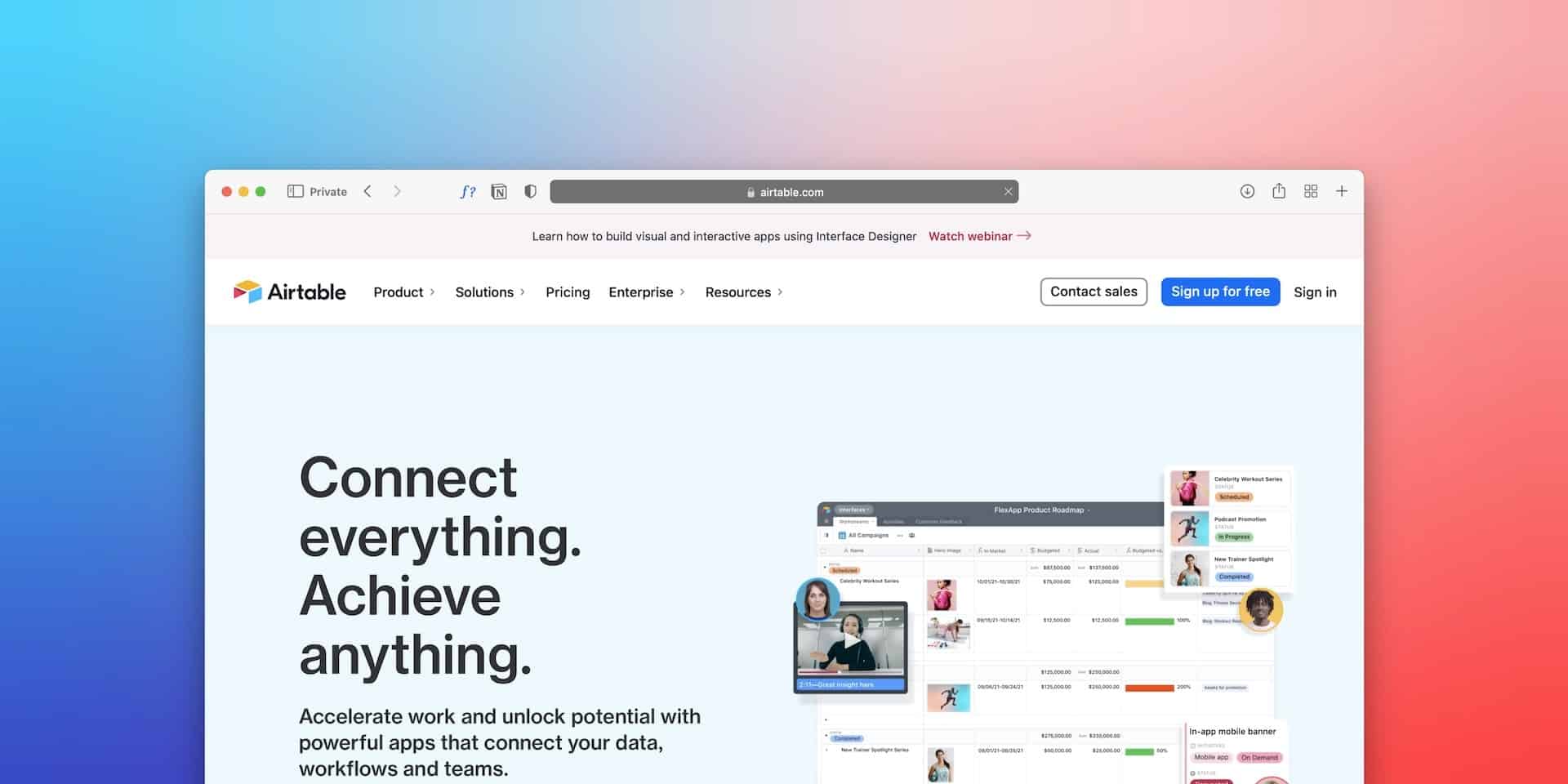



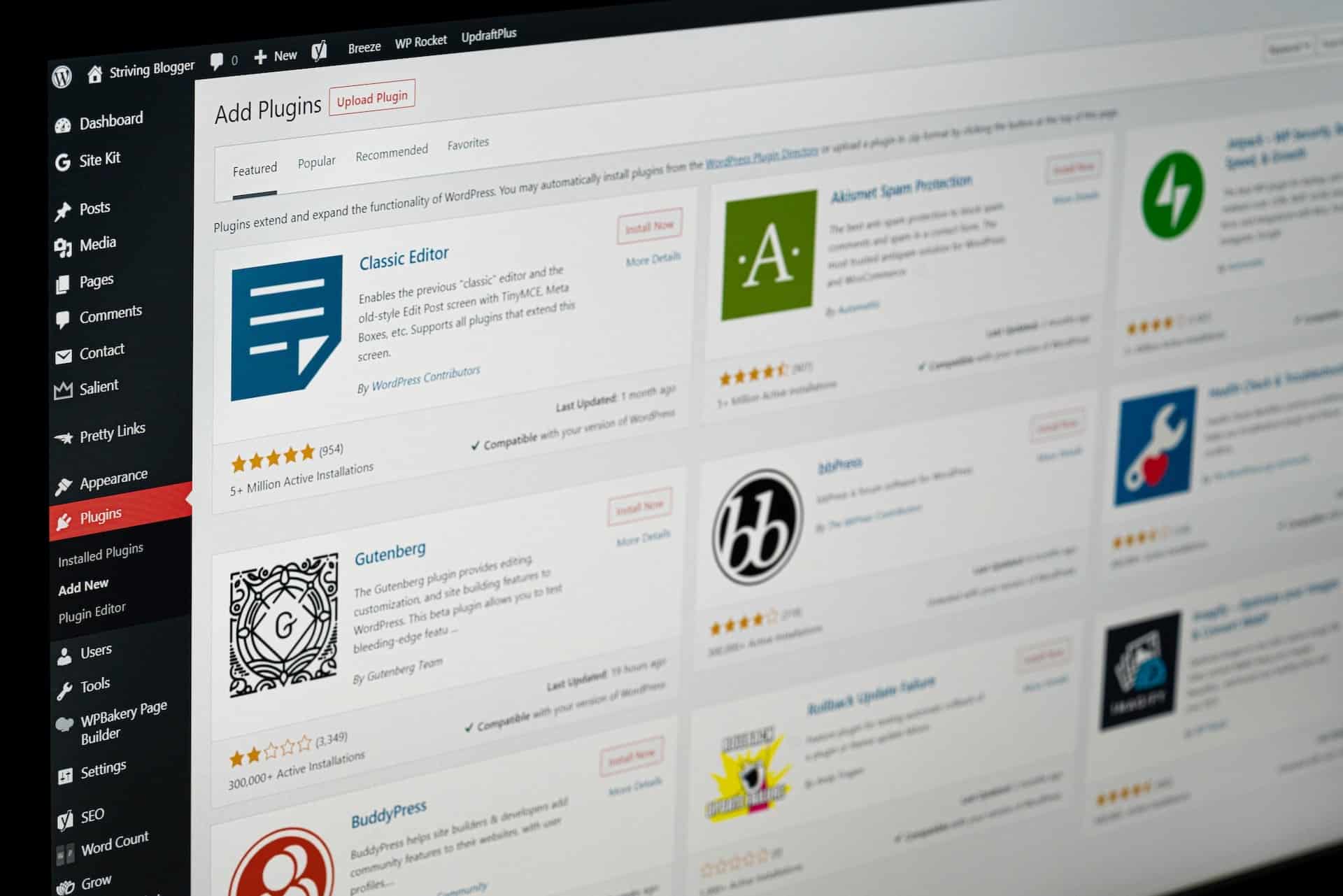
Add comment